Are Stay at home mums valued less than paid childcare providers?
The division of duties
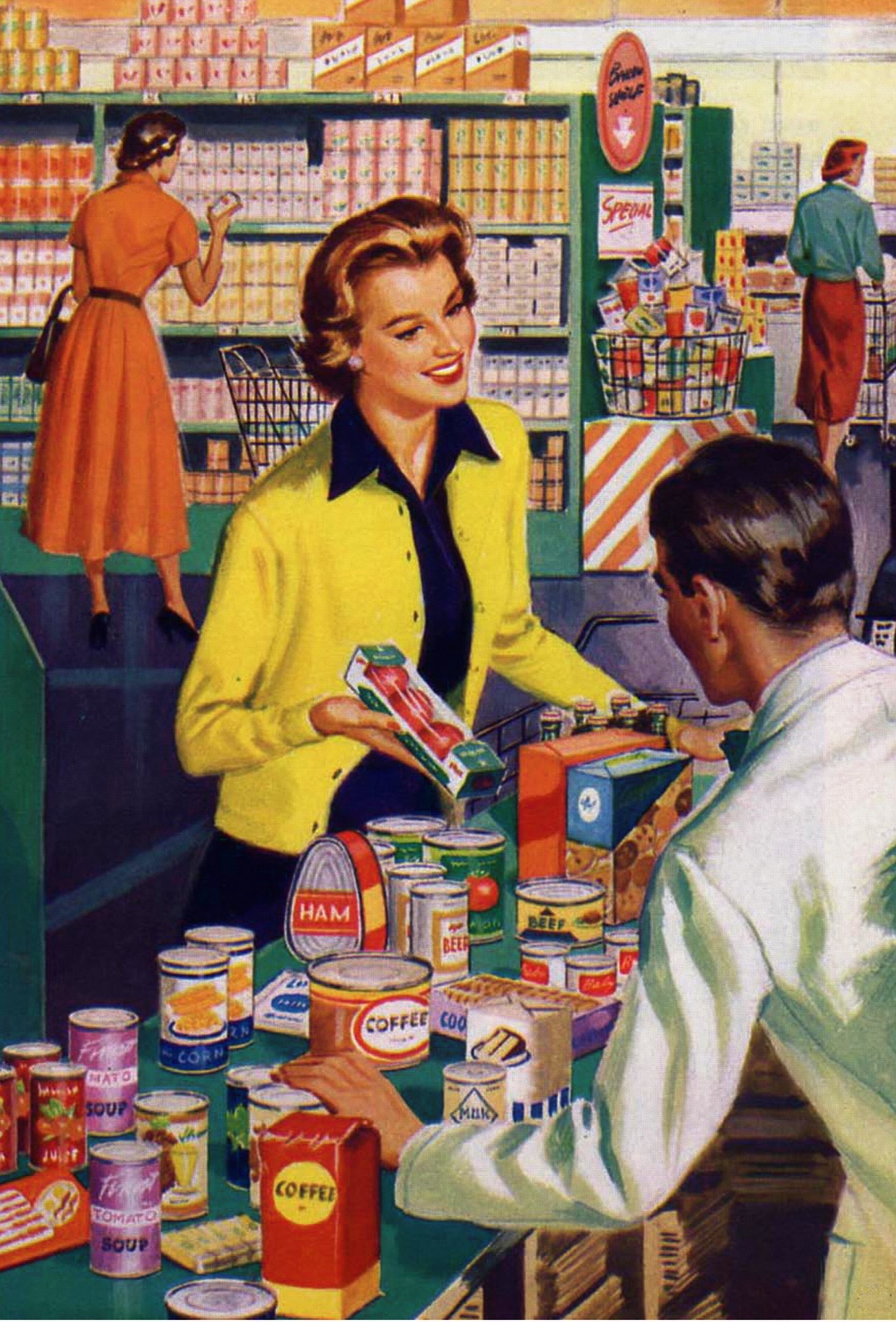
In relationships we often find a balance when it comes to domestic duties. For some couples maybe there is still an element of gendered roles at play, and for others it may be completely evenly divided.
But something seems to happen when a baby is born and maternity leave starts or if one parent leaves their previous job to stay home and care for the children.
This was definitely the case for me. Although I often did a little more of the housework, there was a clear shift from a shared responsibility of duties pre-children, to a life where my partners main jobs became to empty the bins, empty or fill the dishwasher and put away his own clothes. Often even these required me to request and moan first.
He isn’t a bad person and is a fantastic partner and dad, and of course in reality because I am home if I can it does make sense for me to do more stuff. It also makes sense for me to cook as the kids need feeding and food needs prepping before he finishes work, but if you find the roles continue this way into the weekend then I wonder if perhaps it’s time to re-establish the role as mother first and foremost?!
What is the role of a Stay at home parent?

This is the crux: We are happy to pay someone to look after our children and would want them to be available to them constantly, providing a stimulating and engaging environment.
If our kid came home from the childminder or nursery and said the adult didn’t play with them, but spent the whole time hoovering and washing dishes we would be livid. We are paying them to care for our kids and that is what we expect.
We actually value our childcare providers and yet when it is the mother at home we expect her to do everything else and the value of actual childcare is reduced.
*(of course there will also be fathers doing this, but for the sake of this piece I will refer to mother as it is overwhelmingly the mother who stays home.)*
For the mother it is seen as rest, being lazy or doing nothing if they actually play with their children all day. Why is this?
What we are saying here is that if a wage is involved only childcare is expected but if there is no money paid then we expect everything done?

Do stay at home parents owe something?
I actually think it is more deep rooted, complex and a little more sinister than this at play. It is also about feelings of envy, competition and debt between partners.
It is highly likely that for most ‘working’ parents (because parents caring for their children is also a job) when they come home to their partner who is at home with the kids they do not then expect to do housework. No. They have been ‘working’ which is deserving of rest, and they expect certain jobs to be done.
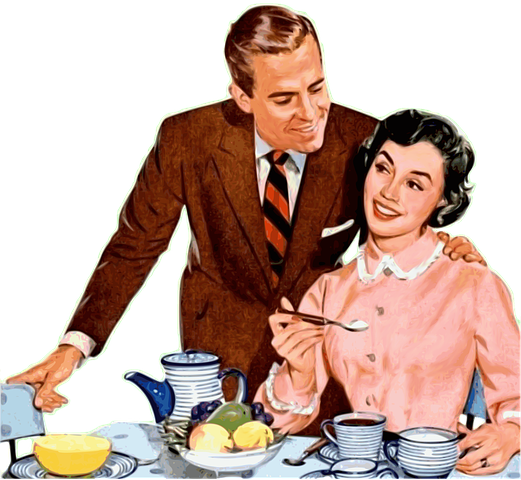
The role of the parent at home is not valued as work. Nor is it a job. It is viewed as a moral imperative, natural consequence, privilege or expectation. Maybe even seen as rest and time off.
Definitely not work.
Work has to be done.
Being a parent is a choice.
The history of the stay at home mum
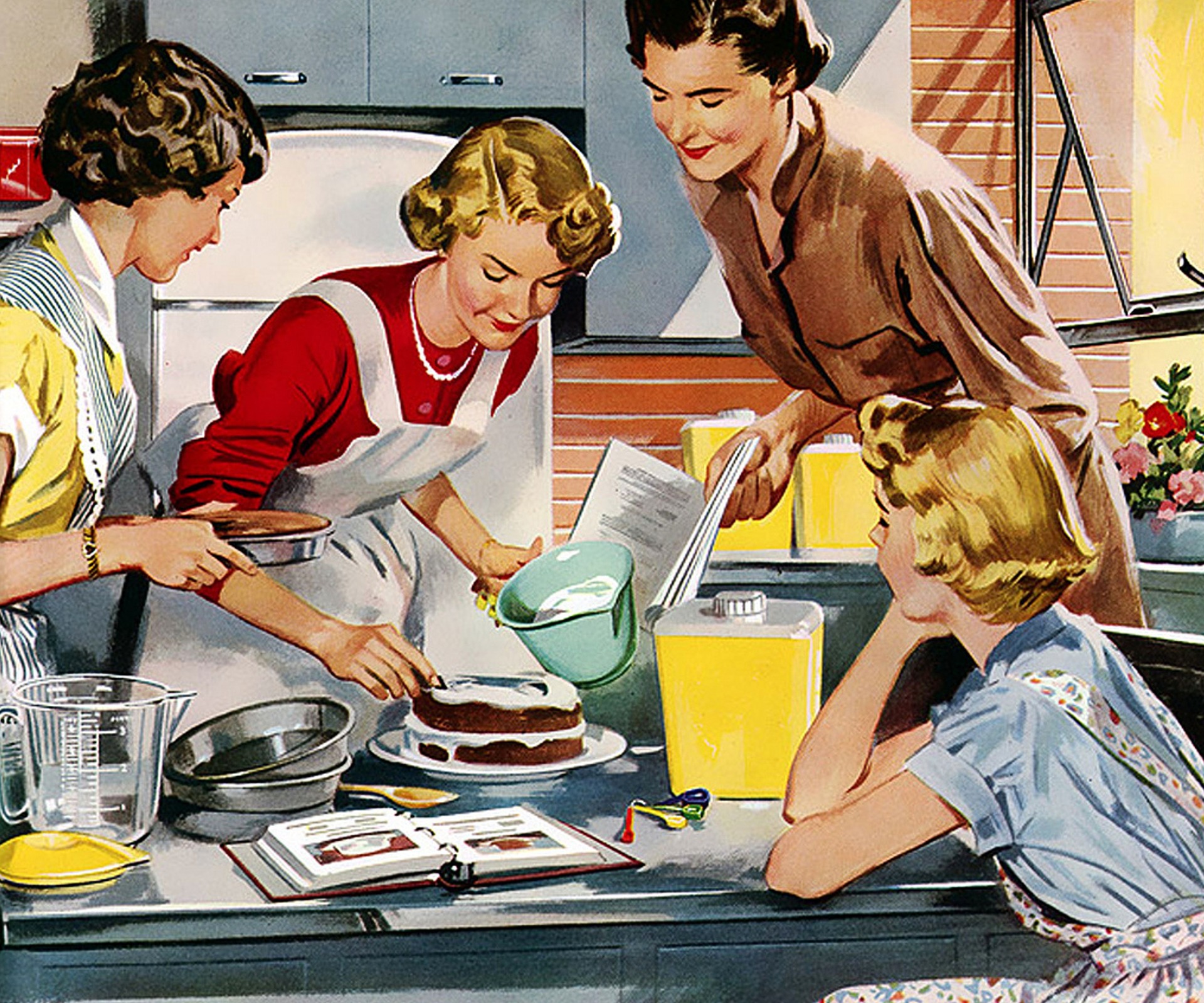
My partner and I have had some fallings out over the years about this matter and it’s fair to say I feel conflicted about the whole thing myself.
I grew up in a one parent home where my mother had to do it all. To run the whole home as well as care for us. We were never ever neglected and our home was always clean. We always had food cooked and our clothing was always cleaned and pressed whenever we wanted it.
We didn’t need to do anything she catered for all of our needs, however I also cannot ever recall really playing together. I’m not saying we never played, as a young child I’m sure we did, she certainly plays with the grandchildren, but my memory is mostly that my mum was always so busy doing stuff around the house, she was often stressed and tired and she never had a break.
She never went out, she never had time for her. She was in many respects a martyr to motherhood and her ‘job’ was to do it all. She was physically available to us at all times but she wasn’t always available to just relax. Her duties were housebound.
The expectation on her was to provide. To provide a home, food, material goods, safety and to run the home. It just wasn’t really seen in those days that the parents (nearly always the mother) role was to play.
Having it all or just doing it all?
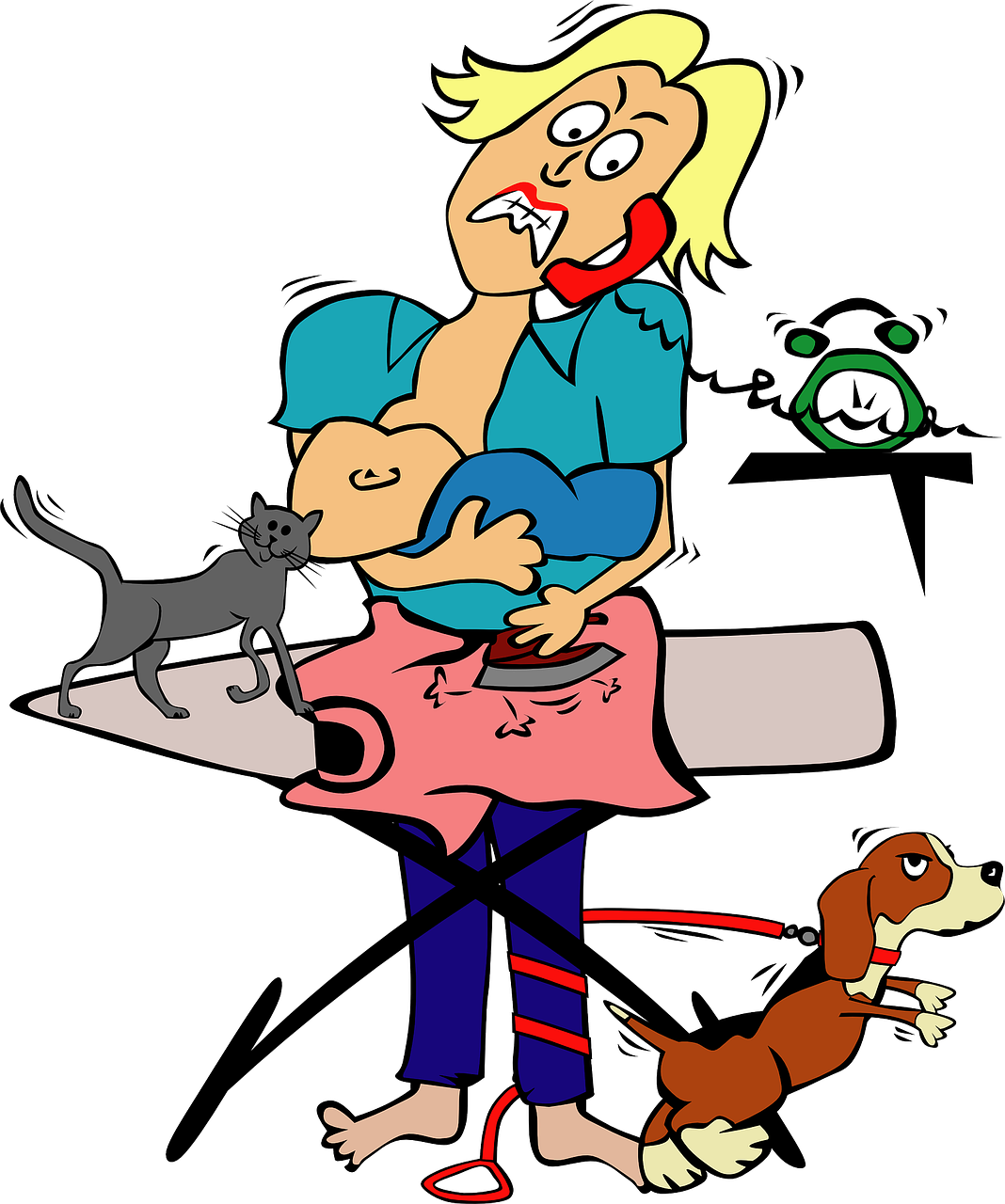
I’m not convinced it’s changed much for our generation either. Possibly because we grew up with two juxtaposing mother roles; the martyr to motherhood who does everything and gives her entire being for very little thanks, and increasingly with mothers working during the 80s and a shift towards the notion of ‘having it all’. Something celebrated as progress where women can in fact work AND have families.
Let’s consider something. Is it really ‘having it all’ Or just ‘doing it all’? Sometimes in reality it just means ‘doing it all’ and what is happening here is the mother is working on top of the domestic duties.
In many cases despite working hours being equal the mother still takes more parental and domestic responsibilities than their male counterparts. The mother who is doing the majority of the family organising and household responsibilities, on top of her job.
The mental load and burden still predominantly sits in their hands whether they be in a job away from home or caring for their child. This of course is not always the case and increasingly more fathers are at home doing the daytime childcare. I would be interested in finding out how the division of domestic duties work in these scenarios? I am sure there are some families that have got the balance just right.
Mums or maids? Are we still stuck in the 1950’s?
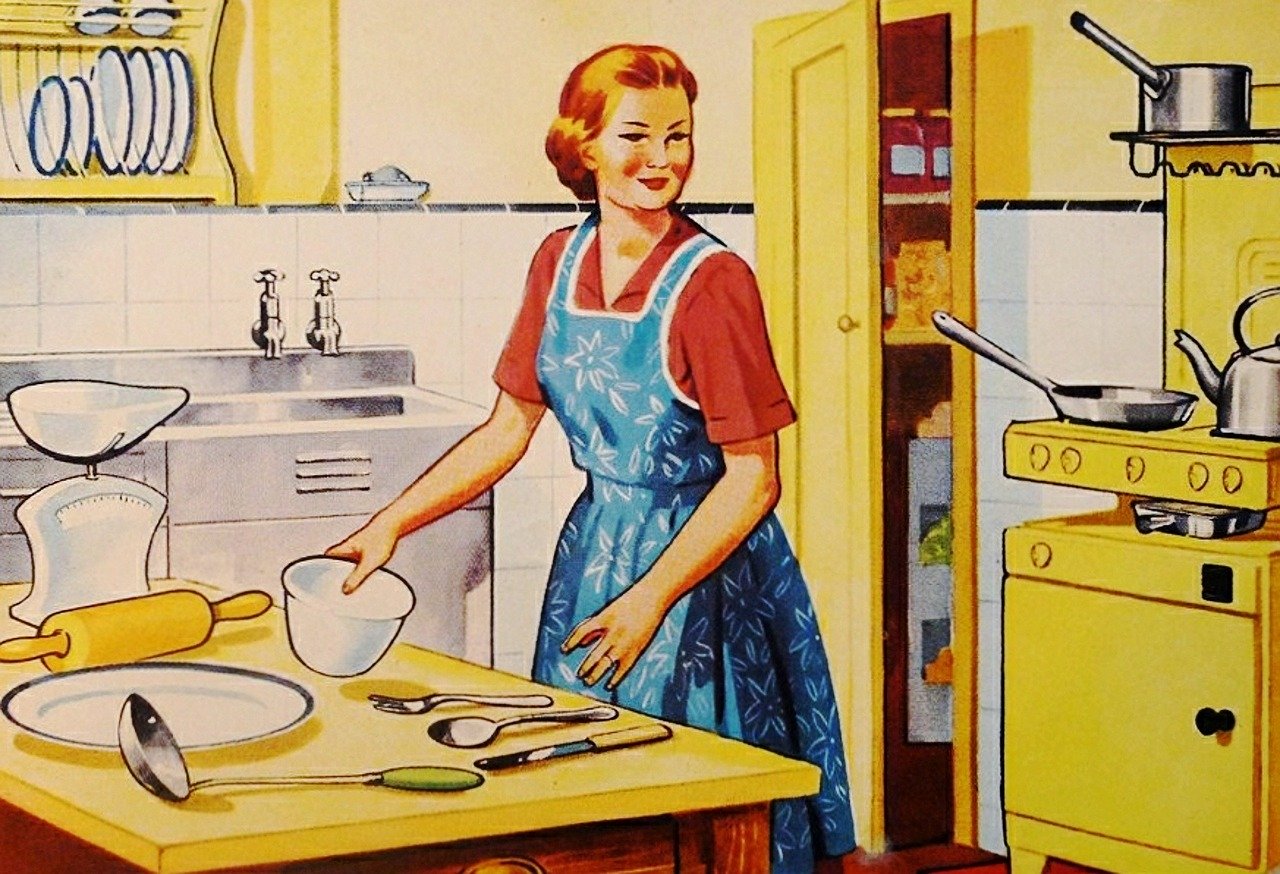
I worked for over a decade with young people, constantly engaging with them and being emotionally available, and then I had my own kids. And do you know what I did? I bloody spent all day trying to tidy and clean and cook and barely spent any time playing.
I found I was always creating activities and things to DISTRACT my child and keep them occupied so I could do the things I felt I had and needed to do, which was the housework.
When I decided to take a career break when I had my daughter I felt strongly this needed to change. My role as a mother was the reason I was stopping working, not a preoccupation and desire to clean and tidy or be a 1950s housewife.
It’s funny what this does to you as a couple if you don’t explicitly discuss this. I found myself and still do, trying to navigate the balance between being a companion to my child and a pressure to be the perfect homemaker.
I feel guilty if the house is a mess and the dinner isn’t cooked in a way that my partner would never feel and that I certainly didn’t feel before becoming a mother. So I often try to do it all and then feel resentment. There have been times this has culminated in a row where I have taken out my frustrations on my partner and protested he needs to do more around the house rather than leaving it for me to have to do and there have been times when in the heated debate the ugliness of roles, duty and being “the provider” has been used, as top trumps to absolve responsibility of domestic duty.
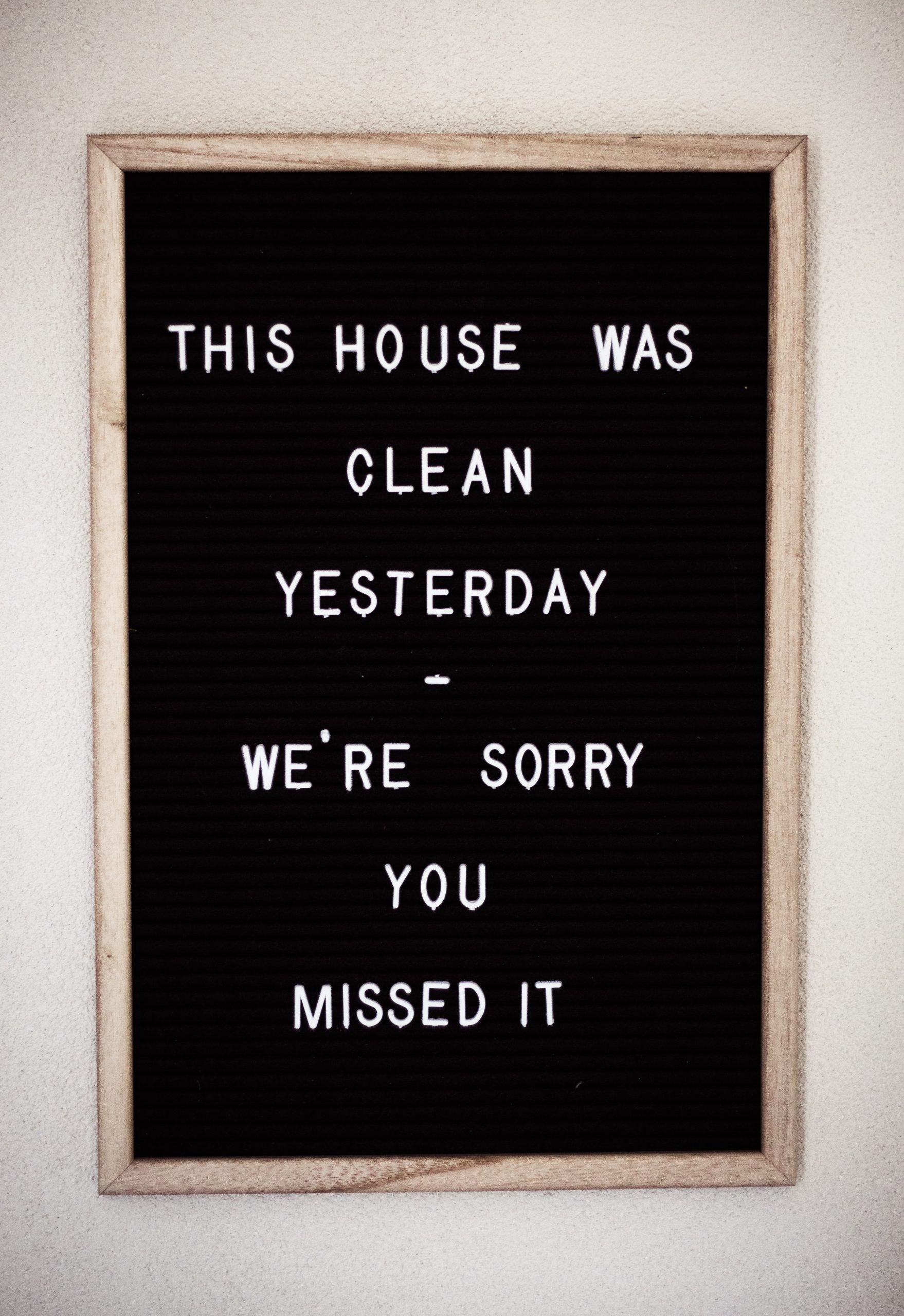
Even though when I was working part time with a child I still did more. The question here really is perhaps this is so entrenched in gender it’s really difficult to peel that away.
Do we value paid childcare providers more than parents?
Raising your children instead of sending them to nursery, within the framework of a capitalist society just isn’t valued enough.
If you fill in a form that inquires as to your working status the only category that applies is ‘houseperson’ or ‘Homemaker’.
HOUSE PERSON FFS. Not mother or father or parent or caring duties. House person. Because it is woven into the fabric of society that to be at home with your children is to take the burden of all domestic duties.
You are no more a mother than a maid. They are one and the same unless you are a “working mum” and WTF is that anyway?! Where are all the “working dads” at?
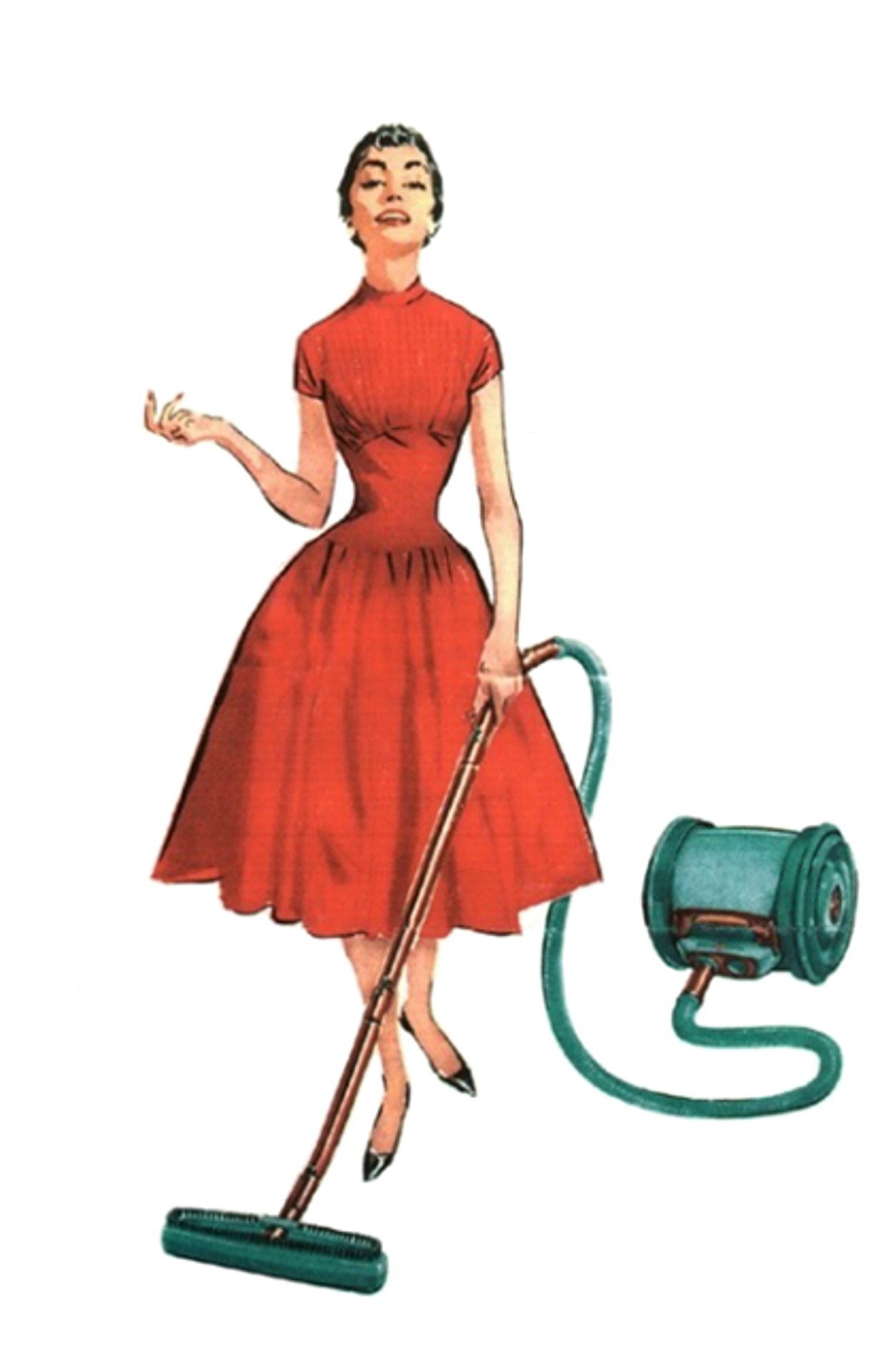
Why are we seeing no value in caring for our children? When we are willing to pay full salaries for strangers to do it? Why when you are the parent is its value reduced and seen as not worthy enough and therefore needing to be earned through labour in the home?
It is still seen that the parent that is working is the one providing for the family. They are working to support you to be at home. You therefore owe them! You are indebted to them for their gracious gift of time. No thank you very much. I am providing too! I am providing a loving, stable, enriching environment for our children to thrive. I am providing at a basic level even, childcare unpaid. I owe you nada.
Of course envy also has a role to play too. In a world where we ask mothers returning from Maternity leave if they “enjoyed their break”, there is a convoluted idea that being at home caring for your children and raising a generation is a break. If you are part time working they are ‘days off’. This is a massive part of the problem. The idea that if your career is a childminder that’s a valid profession but if you are doing it for free it is rest. This makes no sense and as we perpetuate this by not providing parents at home with a living wage we reinforce this within a family, strengthening resentment, entitlement and envy in the parent who is going out to work.
This consolidates the pressures and feelings of guilt experienced by mothers at home trying to be perfect.

Until we start to truly value parenting in this country and perhaps providing a living wage to parents looking after their children, this will not change. There will continue to be disparity in levels of respect. Working and not traditionally working parents will be pitted against each other and children will continue to grow up viewing full time childcare by parents as the easy and sometimes leisurely option. If we value childhood enough we need to value the quality of care, both when it is outsourced privately and when we as parents are the ones delivering it.